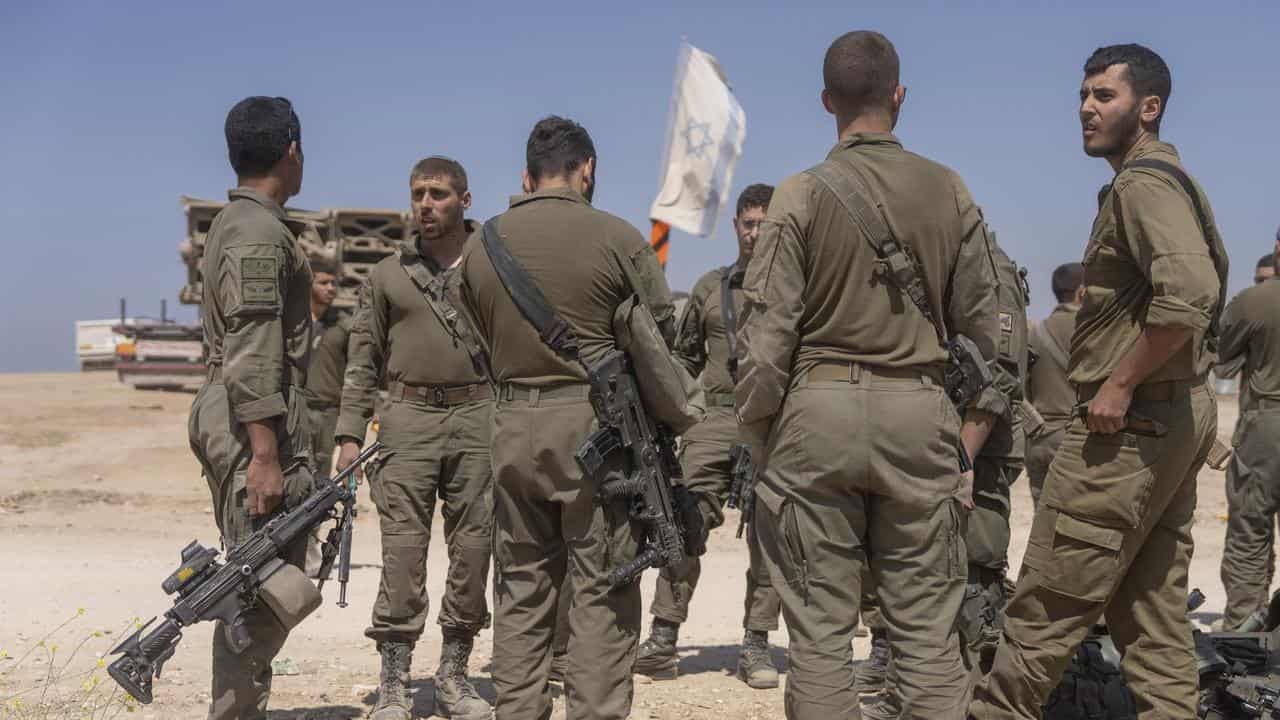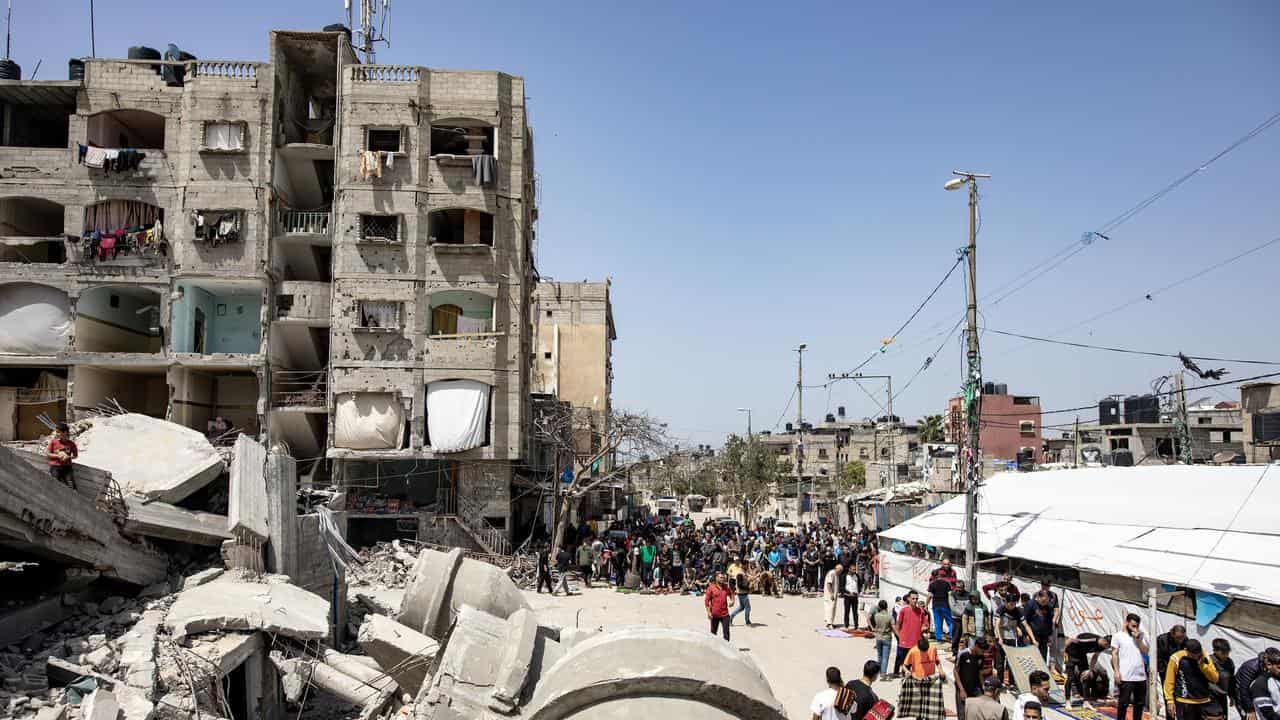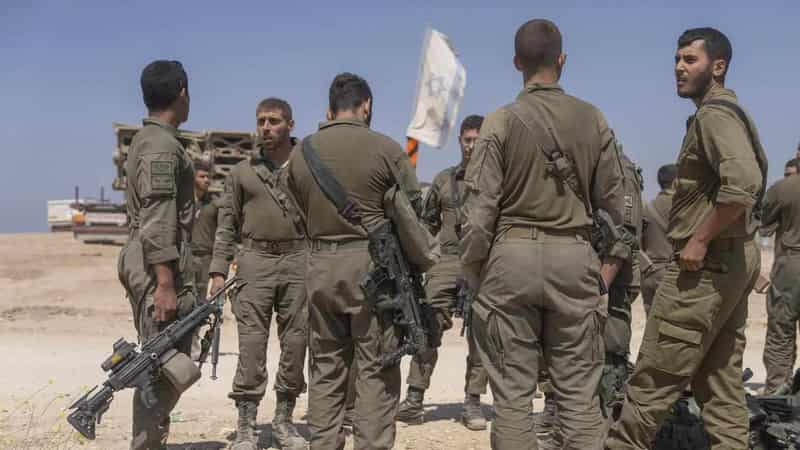
Israel has moved in a "significant way" but Hamas is the barrier to a deal that would result in a pause in fighting in the Gaza Strip and hostages being released, the US State Department says.
Hamas rejected the latest proposal for a deal and has said any new hostage deal must bring about an end to the Gaza war and withdrawal of all Israeli forces.
"Israel moved a significant way in submitting that proposal. And there was a deal on the table that would achieve much of what Hamas claims it wants to achieve, and they have not taken that deal," US State Department spokesman Matthew Miller told a press briefing.
The United States is still pursuing a deal that would allow for a ceasefire lasting at least six weeks and allow more aid into Gaza, Miller added.
The Israeli military renewed warnings on Monday for Palestinians not to return to northern Gaza, a day after witnesses and medical officials said Israeli troops opened fire and killed five people among throngs of displaced residents trying to walk back to their homes in the devastated area.
Hundreds of thousands of Palestinians were driven from the north after Israeli forces first launched their offensive there soon after Hamas' October 7 attack on southern Israel.
In the months of fighting since, vast parts of the north have been flattened including much of Gaza City.
After months of Israeli restrictions on aid to the north, about 300,000 who remained there are on the brink of famine, according to the United Nations.
Still, many Palestinians have wanted to go back, saying they are sick of the conditions they endured in displacement.

For months, families have been crammed into tent camps, schools-turned-shelters and homes of relatives throughout the south of the Gaza Strip.
Some also fear remaining in Rafah, Gaza’s southernmost town, as Israel says it plans to attack it eventually to root out Hamas.
Late on Monday, Israeli Defence Minister Yoav Gallant met with top officials to work on preparations for the Rafah invasion, his office said.
The international community, including the United States, have voice strong objections to the planned offensive, saying it will endanger the estimated 1.4 million Palestinians sheltered in Rafah.
Gallant's office said Monday's meeting included plans for relocating civilians and expanding deliveries of food and medical equipment to Gaza.
Israel, which has reduced the number of its troops across Gaza, has repeatedly rejected calls to let Palestinians back to the north of the territory, saying Hamas militants continue to operate there.
The military says it has loosened the militants' control over the north but it is still carrying out air strikes and raids against what it says are reorganising militants.
Last month, Israeli troops raided Gaza’s main hospital, Shifa, in two weeks of fighting that left the facility in ruins.
Israeli military spokesman Avichay Adraee wrote on X that Palestinians should stay in southern Gaza because the north is a "dangerous combat zone".
The conflict started on October 7 when Hamas killed 1200 Israelis, mostly civilians, in a surprise attack and incursion into southern Israel.
About 250 people were seized as hostages by the militants and taken to Gaza.
A deal in November freed about 100 hostages, leaving about 130 in captivity, although Israel says about a quarter of those are dead.
Israeli bombardments and ground offensives in Gaza have killed more than 33,700 Palestinians and wounded more than 76,200, the Gaza Health Ministry says.
Israel says it has killed more than 12,000 militants during the war.
with AP









